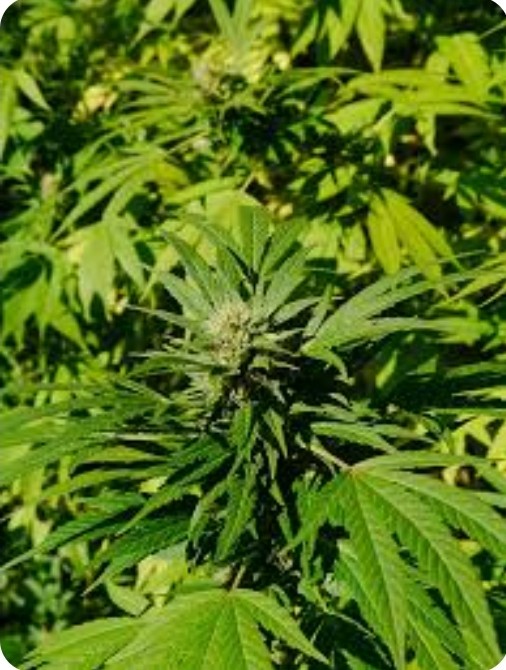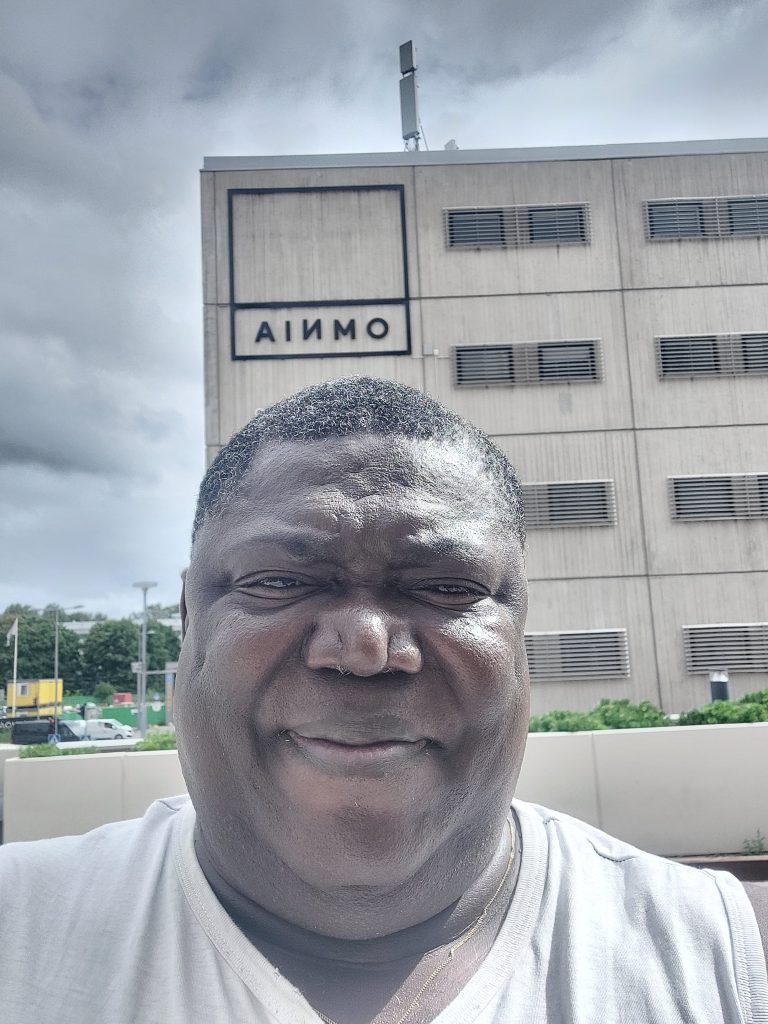
Substance abuse, including the use of hard drugs, can have severe consequences on individuals, families, and society as a whole.
At this moment, it is crucial for governments to take proactive measures to address this issue and protect the well-being of the African young citizens.
Children at school age are now passing through this potential effects of hard drug abuse while at school age:
- Academic performance: Drug abuse can significantly impact a student’s ability to concentrate, retain information, and perform well academically. This can lead to poor grades, increased absenteeism, and even dropping out of school.
- Physical health: Hard drugs can have detrimental effects on the physical health of young individuals. It may lead to malnutrition, weakened immune systems, cardiovascular problems, and organ damage.
- Mental health: Substance abuse can contribute to the development or exacerbation of mental health issues such as depression, anxiety, and psychosis. These conditions can significantly impact a student’s overall well-being and ability to engage in their academic and social life.
- Behavioral problems: Drug abuse can lead to disruptive and risky behaviors both inside and outside the classroom. This can include aggression, violence, criminal activities, and involvement in delinquency, which can further hinder the learning environment.
- Social consequences: Youth who abuse hard drugs may experience strained relationships with their family, friends, and peers. They may become isolated and face difficulties in forming healthy social connections.
To address these challenges, it is important for the governments to:
- Increase awareness and education: Implement comprehensive drug education programs in schools to ensure students are informed about the risks and consequences of drug abuse. This can include age-appropriate education about the dangers of hard drugs, developing coping skills, and promoting healthy alternatives.
- Strengthen drug prevention efforts: Create community-based prevention programs that engage young people in positive activities, including sports, arts, and mentorship programs. These initiatives can provide alternative avenues for students to express themselves and develop a sense of belonging.
- Enhance access to treatment and support: Increase availability and accessibility of counseling, therapy, and rehabilitation centers that are specifically tailored to address the needs of young drug users. Providing support systems and interventions can help them overcome addiction and reintegrate into society.
- Collaborate with international partners: Engage in partnerships with international organizations, NGOs, and neighboring countries to exchange best practices, share resources, and collectively combat drug trafficking networks that target African youths.
As a Global Peace Ambassador of the UnitedNations, I hope that my voice is influential in advocating for government intervention and policy changes.
By raising awareness, promoting evidence-based initiatives, and mobilizing resources, we can work together to create a safer and healthier environment for African children.
©️ Ambassador Agim Godwin Apple
